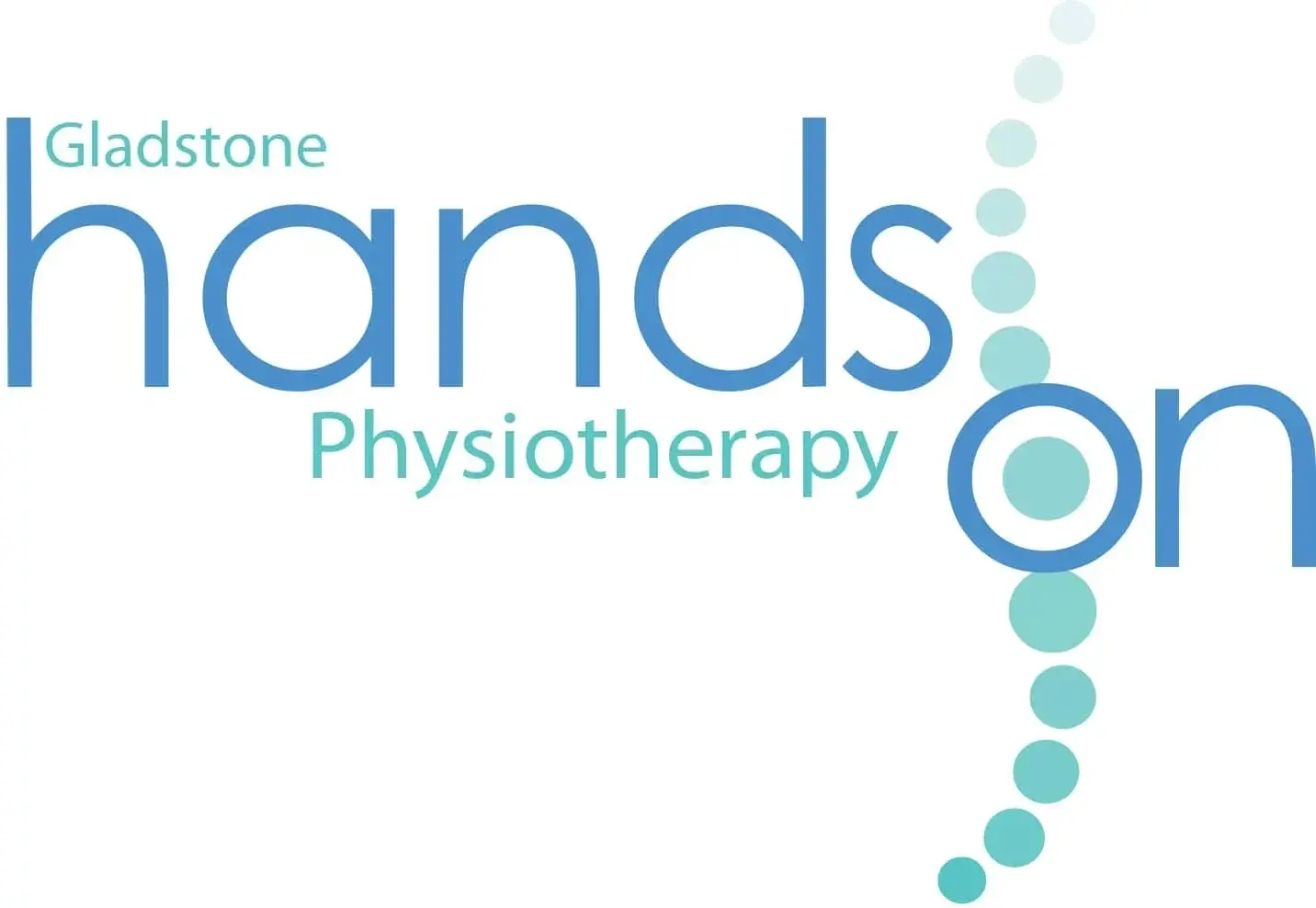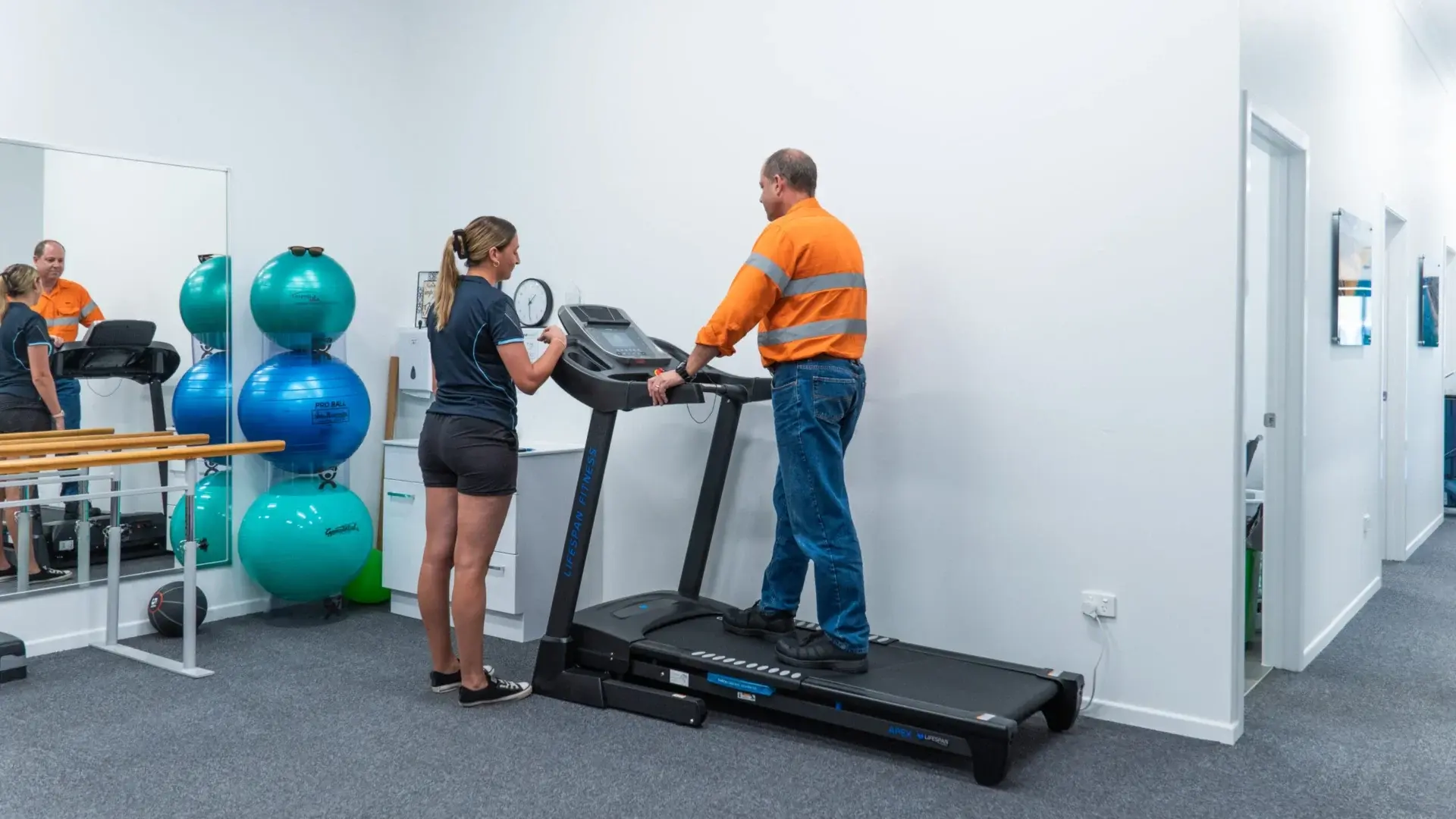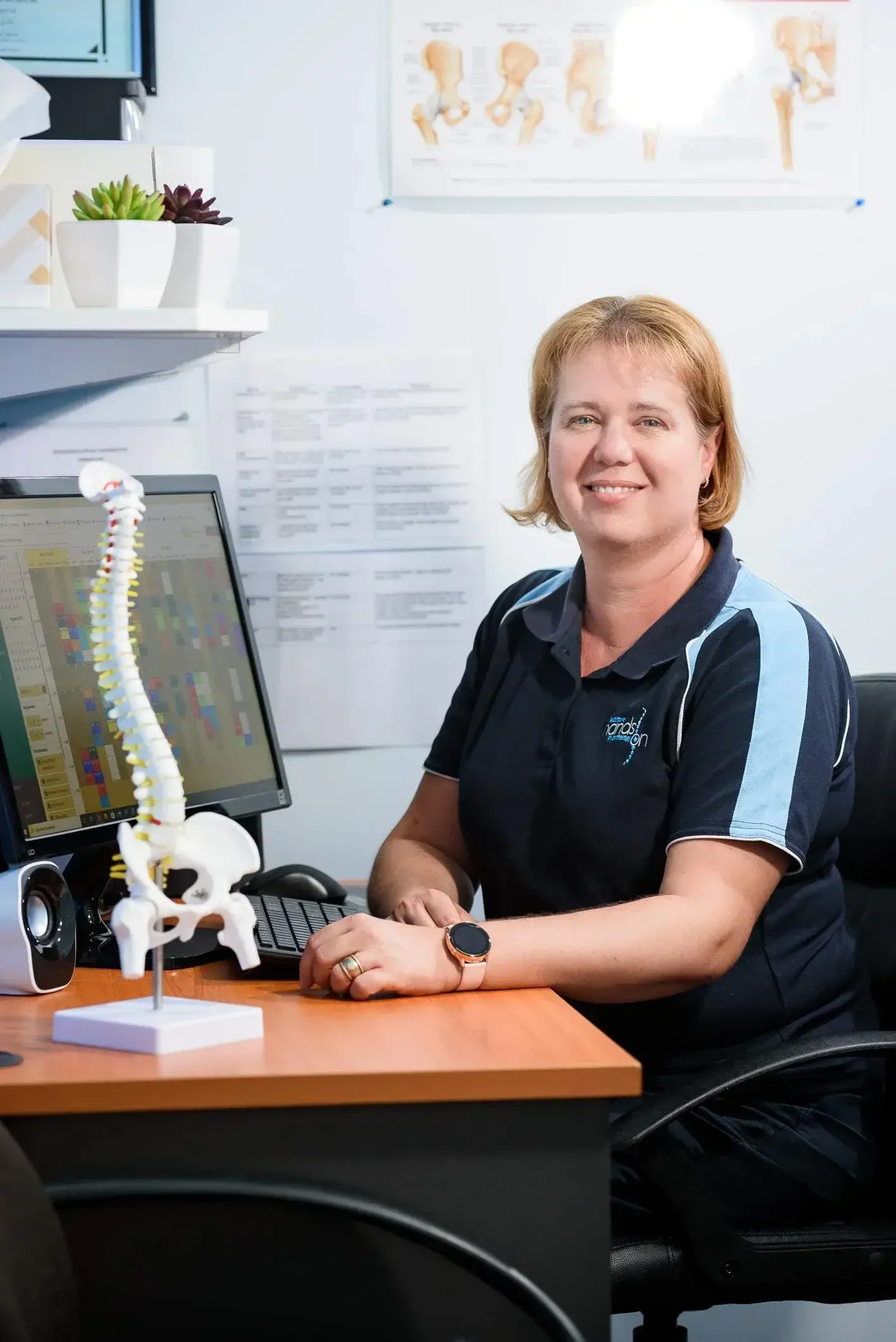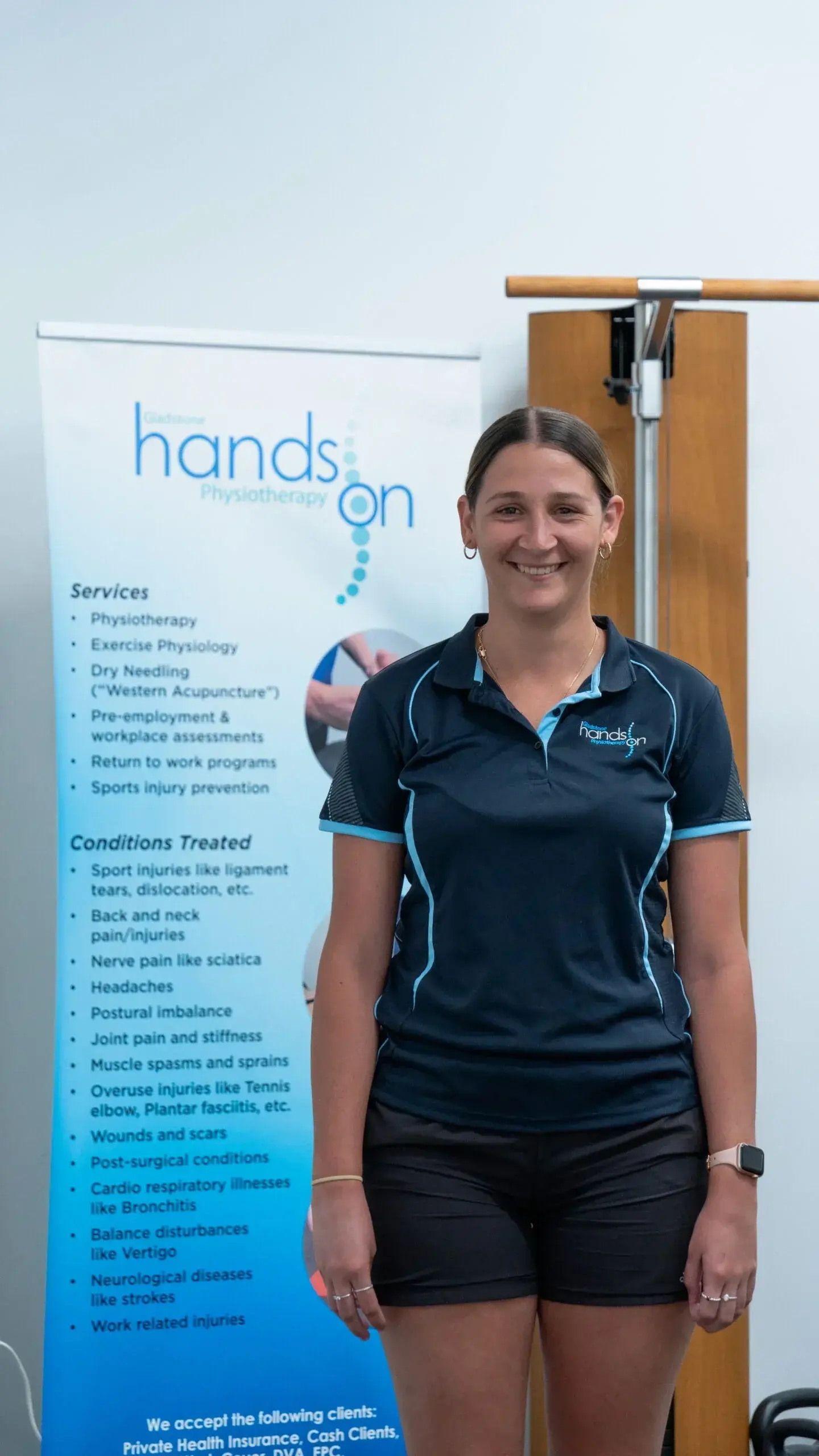Exercise physiology interventions aim to prevent or manage acute, sub- acute or chronic disease or injury especially in people at risk of developing chronic conditions. They assist the client in regaining their maximal physical function and improve their general health. Exercise physiology interventions are exercise-based and include health and physical activity education, but also advice and support. There is a strong focus on lifestyle modification with an emphasis on achieving behavioural change. Exercise physiologists are trained to provide gym and pool-based exercise programs to healthy individuals as well as people with complex chronic conditions.
How does exercise physiology work?
Exercise physiology incorporates evidence-based exercise interventions to prevent and manage chronic health conditions, injuries and manage weight.
Do I need a referral to see an exercise physiologist?
No. An individual can see an Accredited Exercise Physiologist (AEP) with or without a referral.
What can I expect at my first consultation with an exercise physiologist?
During the initial consultation, an AEP will complete a full assessment which includes assessing current symptoms, previous medical history, current physical activity status, anthropometric and hemodynamic assessments, fitness testing and exercise prescription. Wear comfortable clothes that you can move in and comfortable shoes.
What are the benefits of exercise physiology?
Seeing an Accredited Exercise Physiologist (AEP) will positively impact your health. A prescribed exercise program from an AEP can:
- Reduce pain
- Increase musculoskeletal strength
- Improve joint flexibility
- Improve balance
- Increase bone mineral density
- Improve cardiorespiratory health and fitness
- Reduce blood glucose levels
- Reduce high cholesterol
- Reduce high blood pressure
- Improve neurological health conditions
- Improve cancer-treatment related side effects
- Improve overall quality of life and activities of daily living
Is exercise physiology safe?
YES! Accredited Exercise Physiologists (AEPs) are university qualified allied health professionals who prescribe and deliver evidence-based exercise programs. When prescribing exercise programs, AEPs incorporate scientific research into the programs to ensure the client receives the correct information required for success in their rehabilitation.
What is the role of an Accredited Exercise Physiologist?
Accredited Exercise Physiologists (AEPs) are university qualified allied health professionals who prescribe and deliver evidence-based exercise interventions to improve the health and well-being of individuals. AEPs use a person-centered approach to a diverse group of populations to improve and maintain health status, assist with managing chronic and complex health conditions, screen and assess functionality, promote and educate healthy behaviour change, and prescribe evidence-based exercise interventions to enhance quality of life.
What is the difference between an exercise physiologist and a physiotherapist?
Exercise Physiologist and Physiotherapists are indeed very similar in the fact that they both use exercise prescription as an intervention. There are however differences in the scope of practice between these two professions. Physiotherapists are trained to provide a diagnosis for most musculoskeletal conditions. Besides exercises, a physiotherapist also offer services such as soft tissue massage, dry needling, and joint mobilization to name a few. Exercise Physiologists incorporate a more active approach by utilizing exercise prescription for rehabilitation and often liaise with Physiotherapist to enhance a client’s rehabilitation.
Exercise Physiologists can assist with the following:
- Cardiovascular disease
- Diabetes
- Osteoporosis
- Falls Prevention
- Arthritis
- Pulmonary disease
- Posture
- Obesity
- Chronic pain and fatigue
- Post surgical rehabilitation (ACL repair, Knee replacements, etc.)
- Neuromuscular exercise therapy (Multiple Sclerosis, Cerebral palsy, Parkinsons)
- Post Natal exercise
More information: Exercise and Sport Science Australia’s website – http://www.essa.org.au/





